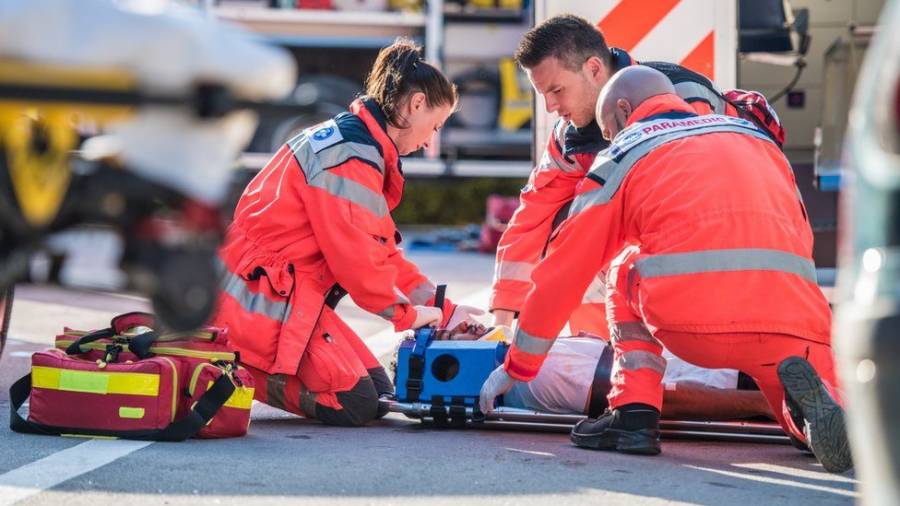Women receive emergent healthcare services less frequently than men

Australia: Research proves that certain cardiac and neurological conditions are more likely to be incident in women, compared to men. Some conditions such as, strokes are relatively more common in females.
However, in the case of a woman suffering from stroke, paramedics have been less likely to diagnose the condition in women.
Men are therefore more likely to be diagnosed with a stroke, as well as receive urgent medical assistance and healthcare services, in the advent of a Cerebro Vascular Accident (CVA).
A study has been conducted on this particular topic, and posted to the Medical Journal of Australia. The research was based on an analysis admitted patient data collection as well as NSW ambulance data with a diagnosis of strokes.
‘’Our study suggests that better recognition of stroke symptoms in women by ambulance staff could ensure the right treatment is started as early as possible and give them the best opportunity for recovery,” said lead author and research fellow at George Institute of Global Health, Dr Xia Wang.
A correlation to age was also noticed. Ambulance staff was less likely to diagnose a stroke in women under the age of 70 years.
Strokes are the third most common cause of death in Australia and therefore a delay in diagnosis can cause delay in treatment protocols. This can increase the subsequent mortality rate for women under the age of 70 that suffer from strokes.
Senior Research Fellow and Academic Lead of the George Institute’s Global Brain Health Initiative Dr Cheryl Carcel mentioned that missing a stroke diagnosis in women could be due to differing symptoms, but sexual bias amongst primary healthcare providers can also be a possibility.
“While there aren’t any studies looking at clinician sex bias in stroke, we have evidence from other countries where it is happening in coronary artery disease. Greater awareness among all health professionals about differences in symptom presentation between men and women could help address this bias,” Dr Carcel said.
“In the case of stroke, this is particularly important for ambulance staff, so that women are identified early and treatment is commenced even before they reach the hospital.”
Trending
Popular
Sindh pledges vigorous action to prevent poliovirus transmission
-
PMA stresses health equity on World ...
04:08 PM, 9 Apr, 2024 -
Dow University’s new rabies vaccine ...
12:18 PM, 28 Mar, 2024 -
IRD role lauded in advancing ...
02:53 PM, 12 Mar, 2024 -
Over one billion people worldwide ...
09:48 AM, 5 Mar, 2024



